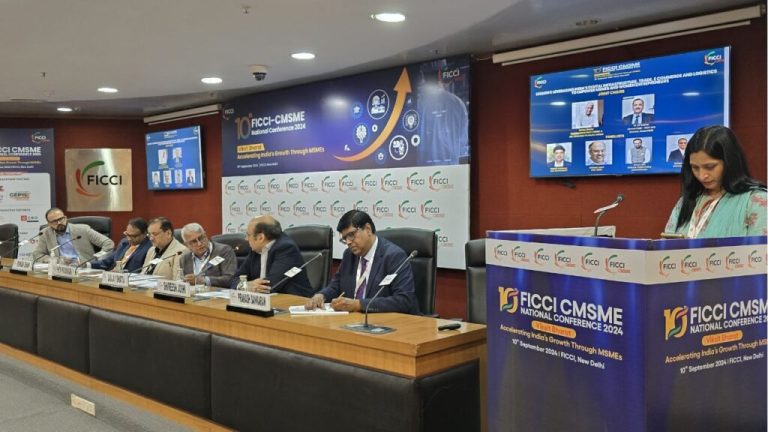Financial inclusion, legal security dominate IDB Business Forum
The money available to multilateral organizations is “limited,” said James Scriven, president of IDB Invest, the IDB’s private arm, which is why he sees private investment as the “only way” to increase the resources available to boost development projects in the region. That is why, through a series of reforms expected to be approved this week by the IDB Board of Governors, the bank seeks to position itself as a bridge between investors and countries. “We are a conduit, we are no longer an investor, we are connecting development assets to impact investors,” Scriven stressed. Private investment and consensus The Minister of Industry, Commerce, and MSMEs of the Dominican Republic, Víctor Bisonó, assured that political, and social stability and legal guarantees are essential to attract private investment and generate consensus with other countries in Latin America and the Caribbean.
“Money is cowardly, where it does not have security it does not go,” assured the Dominican minister, who analyzed the sectors in which investors can find better opportunities in his country, such as, for example, the production of green energy. As an example of this type of measures to provide security to investors, the Minister of Economy of El Salvador, María Luisa Hayem, highlighted a law approved in her country in 2023 that offers “tax incentives” for 15 years to technology companies. This legislation, which abolishes all taxes on this sector, “contributes so more companies put El Salvador” in their sights, she said. Institutionalization and education In this regard, the president of BHD Bank, Steven Puig, said that greater institutionalization serves so that the companies that come to the region know that “in case of any problem they will have support”.
For her part, the president of Banco Adopem, Mercedes Canalda, added that any development strategy must be accompanied by education, especially for vulnerable populations such as women who, in countries like the Dominican Republic, represent 52% of businesses. “It costs a poor woman three times more to get out of poverty than a man, because of the extra responsibilities beyond the home. Therefore, creating a culture of digital entrepreneurship is positive to generate opportunities for women excluded from the financial system,” she argued. Regarding financial inclusion, the general manager of VISA in the Dominican Republic, Sofía Antor, revealed that digital payments are “the fundamental pillar of banking digitalization” and that, if achieved, it will also improve the culture of savings and transparency of the economy. EFE aaca-jmp/abz/eat/pddp/lap






